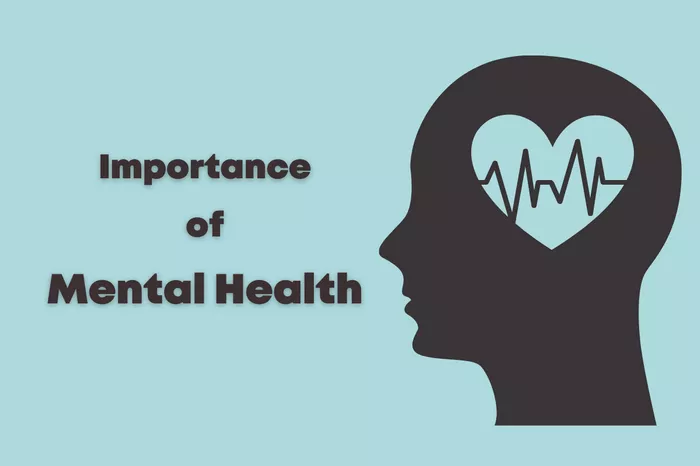The U.S. Justice Department has abruptly canceled hundreds of ongoing grants aimed at supporting a variety of initiatives, including mental healthcare for police officers and victim support programs. Internal records and sources familiar with the matter revealed that at least 365 grants from the department’s Office of Justice Programs (OJP) were terminated late Tuesday.
The OJP, the largest grant-making arm of the Justice Department, had allocated approximately $4.4 billion in grants for the fiscal year ending October 2023. While the total dollar amount of the canceled grants has not been immediately confirmed, records suggest that the cuts amount to tens of millions of dollars.
In response, the Justice Department notified affected grantees and offered them a 30-day window to appeal the cancellations. Many recipients have expressed their intent to appeal, seeking to restore their funding.
Affected Programs
Among the programs impacted were those providing crucial support to crime victims, including transgender victims, and victim hotlines. Other targeted grants funded human trafficking prevention efforts, youth crime prevention, and state-run hate crime reporting. Programs aimed at curbing juvenile delinquency and protecting incarcerated youth were also affected.
Attorney General Pam Bondi explained that the cuts align with the priorities of President Donald Trump’s administration, stating, “Grants for programs that do not align with the administration’s priorities were rescinded.” However, she assured that services for victims would remain unaffected, and recipients could appeal the decision if the cancellation had a direct impact on victims.
Impact on Organizations
The cancellation of these grants has led to significant concern among several organizations that rely on this funding. For example, the National Center for Victims of Crime lost nearly $3 million intended for crime victim hotlines and services such as housing assistance and referrals to compensation programs. Renee Williams, CEO of the center, expressed concern that the loss would severely affect these critical services.
Richard Morales, executive director of the Latino Coalition for Community Leadership, stated that two of his group’s grants worth approximately $6 million were cut. These grants supported 22 organizations in 10 states, and the loss of funding will disrupt their community-based crime prevention and health programs.
Jean Bruggeman, the head of Freedom Network USA, which assists victims of human trafficking, emphasized the devastating impact of the cuts. “The sudden loss of funding could leave vulnerable domestic abuse victims without housing,” she said. Some of the canceled grants funded pet-friendly housing assistance, which allows domestic violence survivors to leave unsafe situations with their animals—a critical support for those at high risk of harm.
In response to concerns raised, the Justice Department reinstated the pet-related shelter program after it was reported by Reuters.
New Funding Priorities
The Department of Justice explained that the canceled grants no longer aligned with the department’s priorities, which now focus on law enforcement operations, combating violent crime, protecting American children, and supporting victims of trafficking and sexual assault. According to Maureen Henneberg, Deputy Assistant Attorney General, the department is prioritizing programs that directly aid crime victims.
However, the abrupt nature of the funding cuts and the lack of prior notice to many Justice Department employees who manage the grants has raised concerns about the transparency and communication of these changes.
While the Office of Community Oriented Policing Services (COPS) has so far not been affected, it remains unclear whether the Office of Violence Against Women was included in the cuts.
This decision marks a significant shift in the Department of Justice’s funding priorities, with potential long-term consequences for victim support and crime prevention programs across the country.


